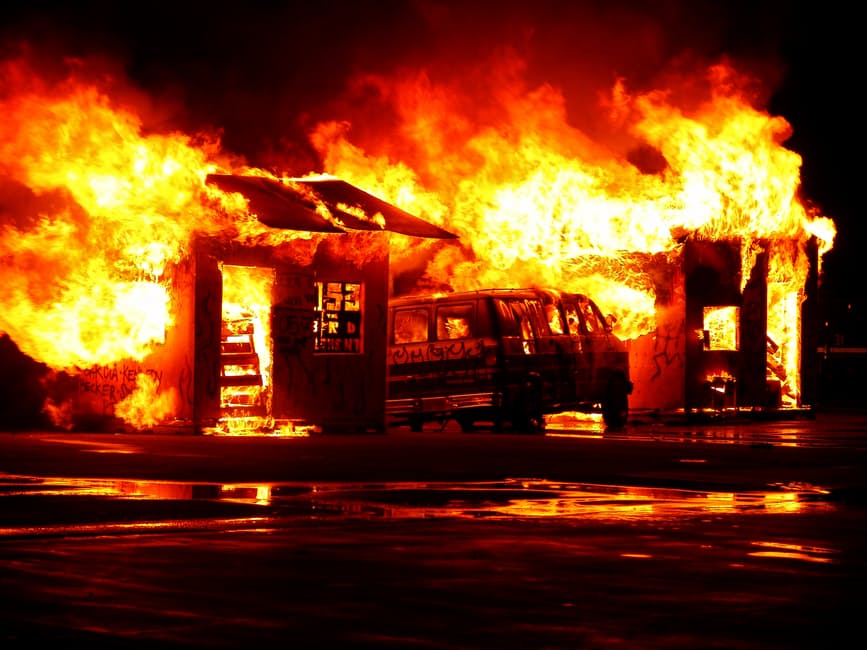The winter season can be magical time spent with friends and family huddled around a warm fire. However, it can also be one of the most dangerous times of the year when it comes to home damage. The last thing you want to deal with this winter is flooding or fire damage clean up in your Philadelphia home. Here are some common winter hazards and tips on how to prevent them from wreaking havoc on your otherwise peaceful season.
Frozen Pipes
The best way to avoid frozen pipes is to keep the temperature where your pipes live above the freezing mark, but that isn’t foolproof. First you want to check around your home to identify any area where pipes live that may not be heated during the colder months. Once you identify these pipes, use insulation like pipe sleeves, heat tape, or heat cable to try and keep the pipes warm. If your pipes do freeze, there are some things you can do immediately to help.
- Keep the faucet on. Once the pipe begins to thaw, running water will continue the thaw.
- Heat it. Use a heating pad or personal space heater to heat up a section of the frozen pipe. Continue to apply heat until full water pressure returns.
- Do not leave heat unattended. Do not leave heating sources unattended and risk fire damage in Philadelphia homes. Stay with your thawing pipe until it is totally thawed.

Personal Space Heaters
Personal space heaters are increasingly popular. People take advantage of them as ways to regulate the temperature of their own space in chilly office environments or even at home. But space heaters must be used with caution. Many modern-day space heaters have auto-shutoff switches built in, meaning when they reach a certain temperature or are knocked over, they shut off. However, if you’re using an older space heater, be extra careful. Personal space heaters remain one of the leading causes of property fires, though those powered by electricity are considered the safest. Using a propane or kerosene powered heater inside a home or business not only increases the risk of fire damage clean up in Philadelphia but can also cause carbon monoxide poisoning.
Furnace Fires
When was the last time your furnace was inspected? Ideally just this past fall, but if you missed your annual checkup, now is the time to get your furnace evaluated. If you don’t feel comfortable inspecting furnace parts, hire a professional. The leading cause of furnace fires is a faulty or malfunctioning part. Gas furnaces work by combusting fuel to create heat. If one or more parts aren’t functioning properly, you run the risk of a problem and subsequently navigating fire damage clean up in Philadelphia. One thing anyone can do to increase the functionality and life of a furnace is changing the furnace filter. But, when it comes to an annual inspection, bring in the professionals for peace of mind.
Preventing winter hazards from happening is the first line of defense, but if you find yourself in the middle of a disaster, we can help. RestoreCore offers the best in restoration services and fire damage clean up in Philadelphia. Just contact us.


